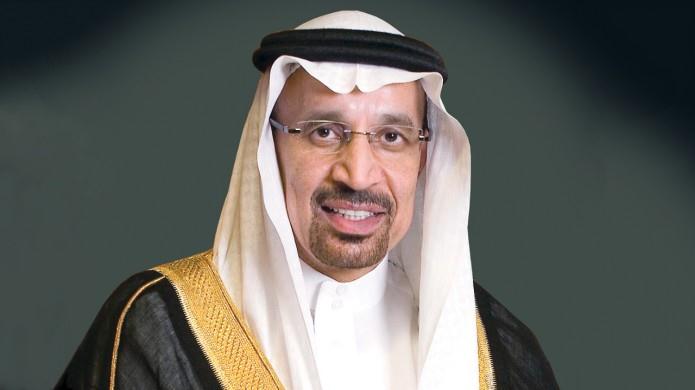The Black-Gold Hunter

Khalid A. Al-Falih is the Minister of Energy, Industry and Mineral Resources of Saudi Arabia, he is also the chairman of Saudi Aramco.
Al-falih was born in Saudi Arabia, more precisely in Riyadh in 1960. He studied in the USA, at the Texas A&M University earning a bachelor’s degree in mechanical engineering in 1982. In 1979, Al-Falih joined Saudi Aramco, the biggest petroleum company of the country and one of the biggest petroleum of the world. Over the years, he increased in responsibility and he joined in 1992 the Consulting Services Department.
His first big accomplishment was in 1999 when Khalid Al-Falih became president of Petron Corporation, a collaboration between Saudi Aramco and Philippine National Oil Company.
In 2004, Khalid began a new career to the Board of Directors of Saudi Aramco. He finally became CEO of Saudi Aramco in 2009, after 30 years working for this company.
His main characteristic is to be a very calm and confident person, even in time of crisis. He lives with his wife Najah Al-Garawin and their 5 children’s in Dhahran.
In May 2016, Khalid A. Al-Falih was appointed as Minister of Energy, Industry and Mineral Resources, replacing Ali al-Naimi.
Al-Falih is active in many social programs too, he served as chairman of the Dammam City Municipal Council.
Let’s analyze now the countries who are exporting petrol.
As we all know, some countries in the world are producing and selling petrol, they are mostly influent and dominating some sectors.
The main countries producing petrol are part of the OPEC.
The OPEC (Organization of the Petroleum Exporting Countries) is an organization of countries exporting and producing petrol. The OPEC was founded in 1960 in Baghdad by the first five members, which are Iran, Iraq, Kuwait, Saudi Arabia and Venezuela.
Nowadays we count 14 countries in this organization, with the entry of Algeria, Angola, Ecuador, Equatorial Guinea, Gabon, Libya, Nigeria, Qatar and the United Arab Emirates.
Those 14 countries accounted represent 44% of the global oil production and 73% of the world’s “proven” oil reserves, which give to the OPEC a major influence on global oil prices and a wall against the others petrol firms of the world.
The biggest producer in the world of petrol is Saudi Arabia, with more than 11 million barrel per day, that is why it was interesting to see who is controlling this in Saudi Arabia.
Soufi B.


